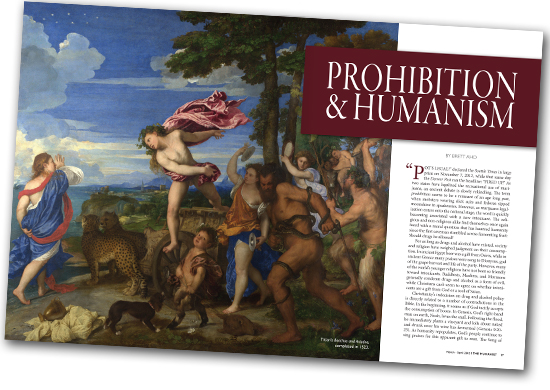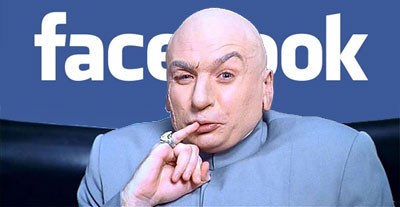globalguerillas | Here's some idle thinking for a sunny afternoon at the end of winter.
To access it, let's make a simple assumption that economics, politics, and warfare are all a function of the dominant technological substrate.
A technological substrate is the family of related technologies that we rely upon. In the 20th Century, we were clearly reliant on an industrial substrate.
The challenges posed by industrial age technologies dictated the development of two management forms: bureaucracy and markets. Bureaucracies and markets are both decision making systems. These management forms dominated economics, politics, and warfare for centuries.
Neither system of management is sufficient as a solution for industrial economics, politics, or warfare.
Democracies use market decision making to determine leadership over a nation-state bureaucracy. Capitalism uses markets to determine leadership/control over corporate bureaucries. Education uses bureaucracy to manage its institutions and a combination of markets and bureaucracy to allocate students. The modern age was dominated by market based warfare (think: Wallenstein) but it is now firmly bureaucratic.
Although ideologies have been built and wars have been fought over the mix of bureaucracy and markets, neither system has proven dominant. .
This simplification is useful when we shift the technological substrate.
In the last thirty years, we've seen a shift in the technological substrate. This new susbstrate is increasingly a family of technologies related to information networks.
As this new substrate begins to take control, we're going to need new management forms. Both bureaucratic and market systems are proving insuffient solutions to the challenges of a networked age.
In both cases, the emergence of a global network is eroding the efficacy of bureaucracy and markets as solutions. How? One reason is scale.
A global network is too large and complex for a bureaucracy to manage. It would be too slow, expensive, and inefficient to be of value. Further, even if one could be built, it would be impossible to apply market dyanmics (via democratic elections) to selecting the leaders of that bureaucracy. The diversity in the views of the 7 billion of us on this planet are too vast.
In terms of markets, a global marketplace is too unstable. Interlinked, and tightly coupled markets are prone to frequent and disasterous failures. Additionally, a global marketplace is easy for insiders to corrupt and rig, as we saw with the 2008 financial melt-down. Given instability and unmitigated corruption, markets will fail as a decision making mechanism.
So, what's going to replace bureaucracy and markets?
We don't have digestible names for them yet. However, let's just call them platforms and P2P systems. Platforms are run by a few people and delivered to a great many people. P2P systems allow ad hoc interaction between indepedent individuals.
Both have value. Both have problems.
Companies like Google and Facebook run as platforms. The core business is so automated, it could be run by a handful of people. P2P networks are systems like BitTorrent, Wikipedia and open source software/hardware projects.
There's definitely a need for both platforms and P2P management systems. However, both currently operate badly. We haven't learned how to use these systems to produce meaningful results for humanity yet. We will, but the path will likely rocky, particularly as the older approaches of markets and bureaucracy deteriorate and fights between the systems break out.
Note: In warfare, we saw battles between a bureaucracy and open source opponents in the last decade, and open source did very well. We saw it in Iraq, Egypt, Tunisia, Afghanistan etc.























